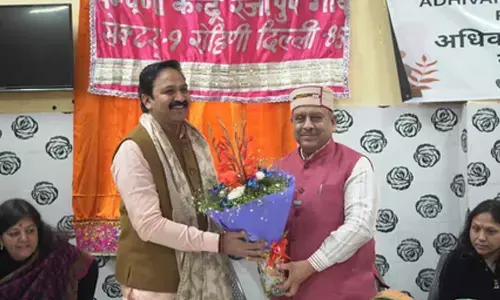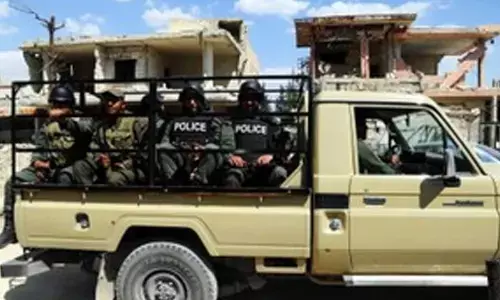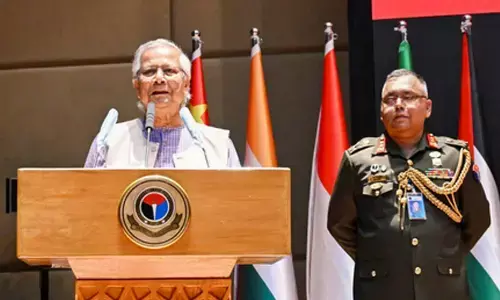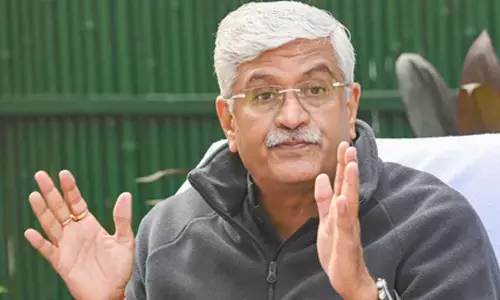Srikakulam: Coronavirus impacts soil testing process in the State
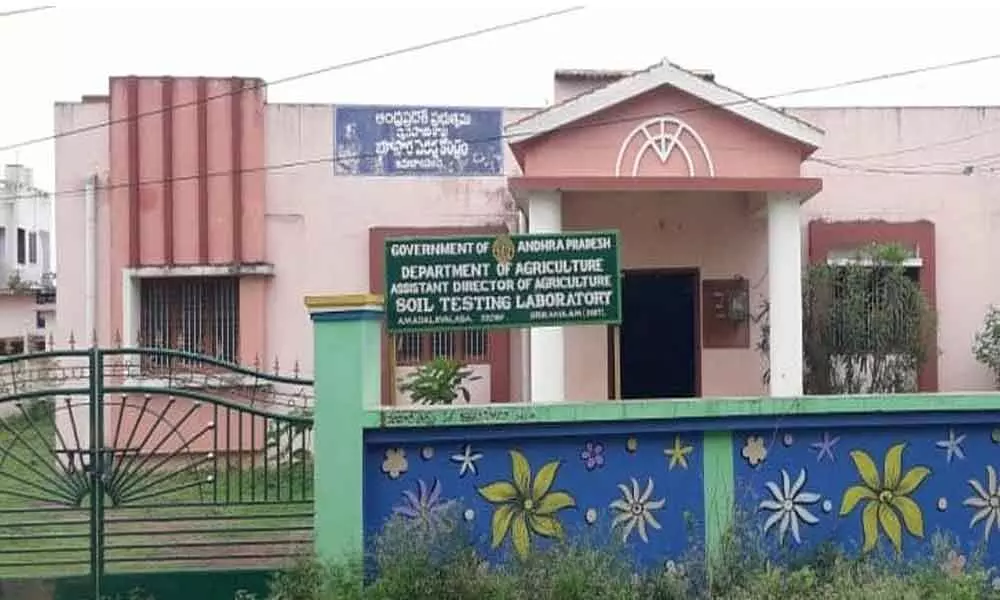
Coronavirus impacts soil testing process in the State
- The agri department officials collect soil samples from April to June for three months period in summer, which is favourable for testing
- Based on results, soil health cards will be issued to farmers by mentioning elements in the soil and also recommend seed variety and dosage of manure
- Government is planning to shift soil test duties to village level Rythu Bharosa Kendrams and mini laboratories are also under proposal to test soil at RBKs
Srikakulam: Due to corona induced lockdown, the soil testing process has been completely come to a halt across the state in the pre-kharif season.
Normally, soil samples are being collected from the farm fields by the concerned wing staff working with agriculture department from April to June for three months period in summer, which is favourable for collection of samples. After completion of rabi and before launching of kharif works, soil samples are being collected.
After conducting tests at laboratory, soil health cards will be issued to farmers by mentioning elements in the soil and also recommend seed variety and dosage of manure based on the test results. Soil test is essential for selection of seed variety and dosage of manure.
Total cultivated extent of land is 6.50 lakh acres in Srikakulam district during kharif season. Out of the total extent, prime crop paddy is being cultivated in 75 per cent extent of land and crops like millets, ground nuts, pulses are being cultivated in the remaining 25 per cent extent of land.
Every year in Srikakulam district, as per target fixed by the state agricultural department, 48, 500 samples need to be collected from the farmers' lands. During 2019, target fixed for samples collection is 48,528 and soil testing unit staff collected 41,528 samples.
This year in the wake of corona induced pandemic, the samples did not collected and mobile van use for collection of soil samples was parked at district level soil testing unit campus at Amudalavalasa.
The state government is planning to shift soil test duties to village level Rythu Bharosa Kendrams (RBKs) where village agricultural assistants (VAAs) are working. Mini laboratories are also under proposal to test soil at RBKs.
Officials and staff of soil test wing unit working under agricultural department were conducting training programmes to VAAs on soil test techniques during the current summer. Soil tests are likely to be conducted at RBKs from next year onwards.
"Soil tests stalled this year due to Covid-19 induced lockdown," admitted assistant director (AD) for district level soil test unit, G Satyavathi. "We have provided training to VAAs working with RBKs on soil tests with an aim to provide this facility to farmers at their villages," the AD added.








